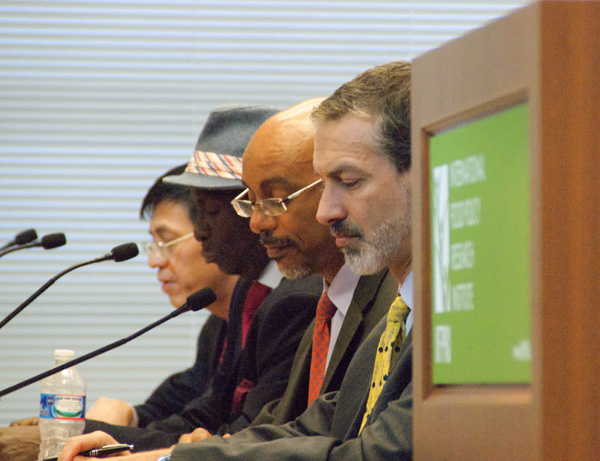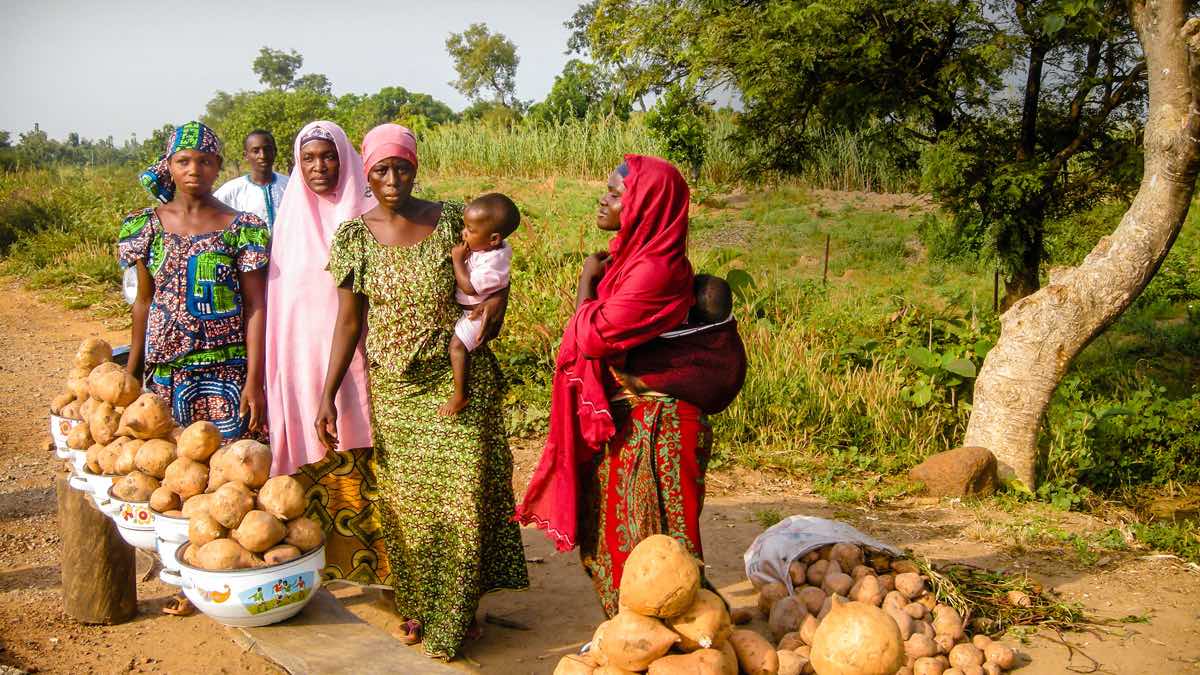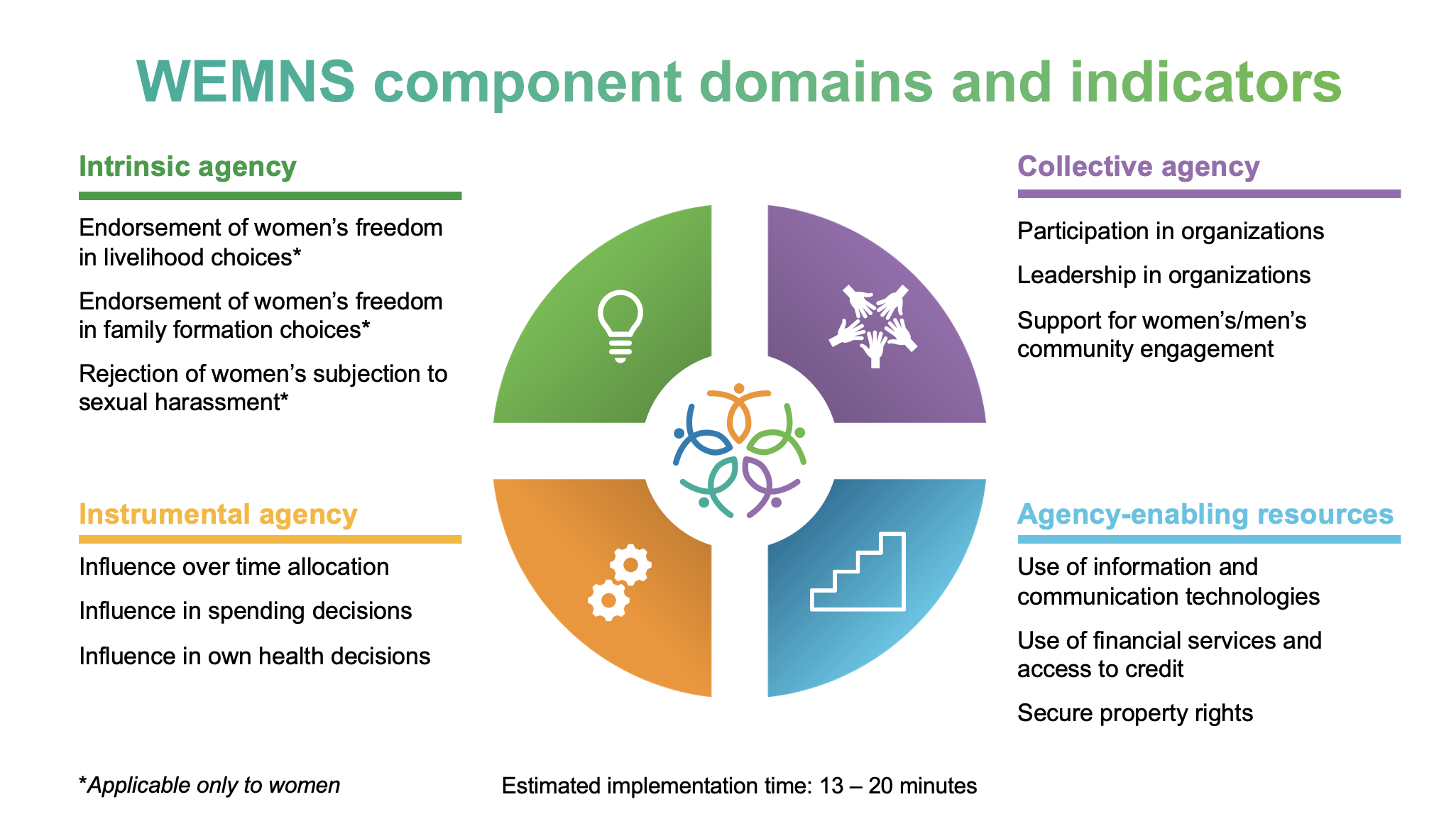Africa is confronting a complex development challenge: population pressures are driving land scarcity, resulting in progressively smaller plots of land per farmer. On the land that’s still available, soil is rapidly degrading. How can Africa maintain, let alone ramp up, agricultural productivity to fuel the economic growth necessary to alleviate poverty? At a recent roundtable discussion, “Transforming Agriculture in Africa: The Insiders’ Perspective,” IFPRI convened a group of experts to share their perspectives.
The time for agricultural transformation is now. Once relegated solely to the agendas of the agricultural sector itself and a handful of experts, agriculture and food security are now major global priorities, said Jonathan Shrier, the US State Department’s acting special representative for global food security and Feed the Future’s deputy coordinator for diplomacy. Shrier drew attention to the unique experiences of individual countries, explaining that while a securing a place on the international policy agenda is important, the “fight against hunger, the fight against undernutrition, really is one that is going to play out in local contexts.”
Khalid Bomba, CEO of the Ethiopian Agricultural Transformation Agency (ATA), and Yaya Olaniran, chair of the Committee on World Food Security, offered country-specific perspectives from Ethiopia and Nigeria, respectively. Bomba talked about the guiding principles behind the creation of the ATA. “…There’s a lot of thinking that went behind the design of the ATA to make sure that it was fit for purpose for Ethiopia’s context,” he explained. “When other countries ask us, how could we replicate…the Ethiopian ATA…we tell them, think about the function of the ATA rather than the form. What kinds of things are we doing and how do you create that kind of function within your own countries rather than just creating the form of an organization like ATA in those countries?”
In the context of Nigeria, Olaniran highlighted successes driven by the private sector, locally and internationally, while also pointing to obstacles that are currently limiting agriculture’s success in Nigeria, such as environmental degradation and a lack of electricity and infrastructure. Olaniran described how the introduction of the private sector into the formerly government-run fertilizer distribution process has changed the equation. When the fertilizers were imported and distributed by the government, he explained, they rarely reached the farmers. Recently, the private sector was brought into distribute inputs such as seeds, agrichemicals and fertilizers and “what that has done…you might not understand it, but as a Nigerian, I know how much that means to us. It has removed middle men and it has also removed corruption,” he exclaimed.
In general, what is needed is more cooperation across sectors and countries. “It is high time we move away from working in silos,” said Olaniran. “What happens in Nigeria resonates [in] the United States, what happens in Timbuktu is felt in China and vice versa. There is a need for us to bring knowledge together, to bring best practices together, and also to make sure that best practices are what we share amongst ourselves.”
IFPRI Director General Shenggen Fan wrapped up the workshop by discussing lessons learned from China, India, and Brazil, drawing on the transformation experiences of these countries as well as personal insights from the rural village in China where he grew up. What it boils down to is that above all, transformation requires putting your money where your mouth is. As Fan pointed out, Asian countries spent 10 to 15 percent of their national budgets on agriculture just before and during the Green Revolution, and many African countries have committed to allocating at least 10 percent of national budgets as part of their Comprehensive African Agriculture Development Programme (CAADP) commitments. The effects of this will help achieve the larger goal of transforming agriculture to attain economic and food security.







